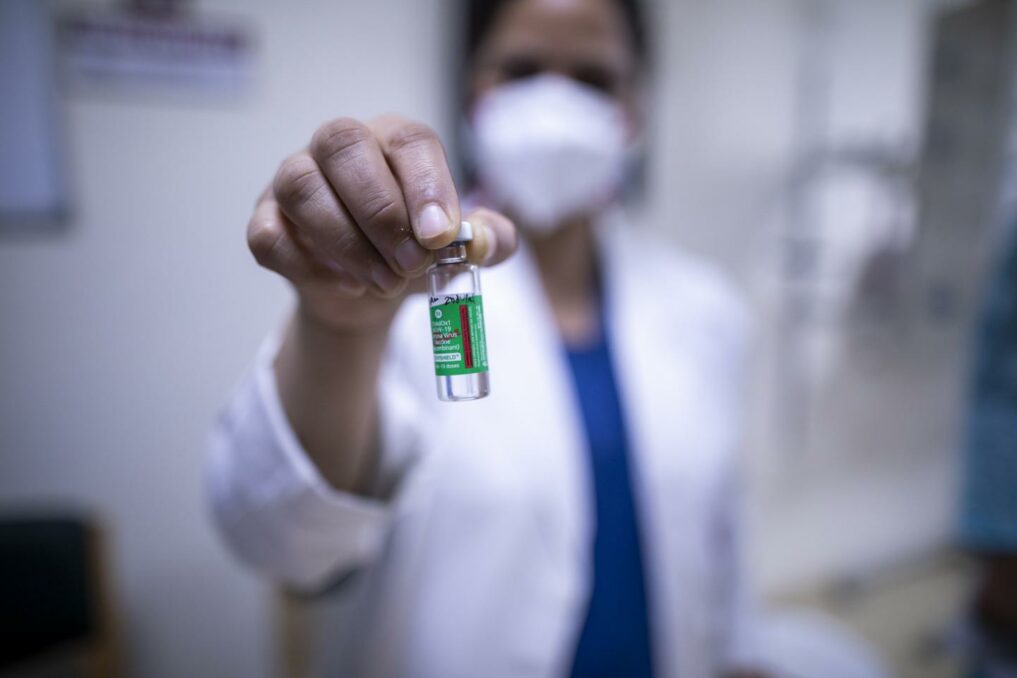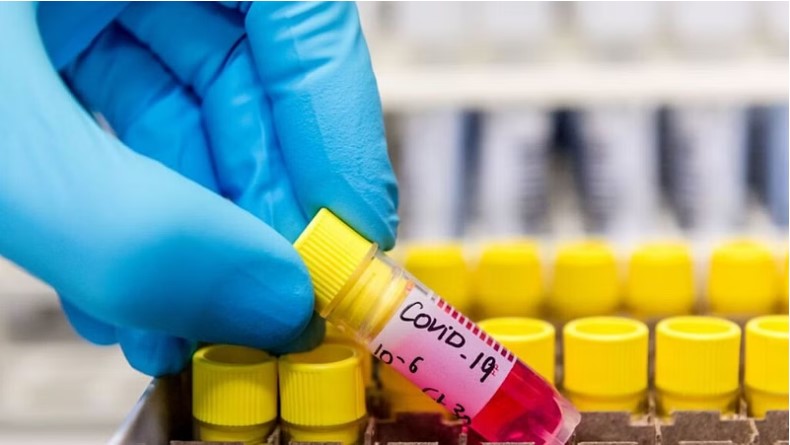ICMR conducts study to determine correlation
Rajiv Bahl, the Director General (DG) of the ICMR, has acknowledged that the study results are not yet available. As part of this study, researchers are carefully scrutinizing recent cases of sudden deaths among young people, gathering information regarding symptoms and circumstances surrounding each deceased individual, in order to determine the underlying cause of death.
A senior official from the health ministry has highlighted the prevalence of misinformation concerning the potential causes of the rise in sudden cardiac arrest cases. Many individuals have erroneously associated this phenomenon with long-term effects of Covid-19 and the vaccines administered for it. The primary objective of this study is to investigate the true cause behind these occurrences.

Notably, numerous videos have emerged on social media and messaging platforms depicting individuals, particularly young individuals, collapsing and succumbing to sudden death while engaging in activities such as dancing, singing, or simply going for a walk. It is important to mention that the government had previously declared the absence of evidence linking sudden cardiac deaths with the Covid-19 vaccine.
Four Investigations Conducted To Evaluate Vaccination-Related Fatalities
Bahl stated that the initial study aimed to investigate the causes of sudden deaths among young individuals, examining whether they occurred due to natural causes or other factors. Autopsies were conducted at the All India Institute of Medical Sciences in Delhi, and the results are being evaluated to determine if these deaths were caused by natural reasons or if other factors were involved.
The director general of the ICMR explained that the second study focused on evaluating sudden heart attack deaths in relation to vaccination, long-term effects of Covid-19, and the severity of patients. The ICMR team followed individuals who had contracted Covid-19 and were admitted to hospitals for one year. Data was collected from the clinical registry of 40 hospitals. Apart from comorbidities, the study examined three major factors: whether the deceased individual had been vaccinated before hospital admission, the severity of the patient’s condition, and the presence of long-term Covid-19 symptoms after discharge.

Bahl clarified that the research paper containing the findings has been accepted by the Indian Journal of Medical Research (IJMR), and it is currently undergoing independent evaluation. The objective of this observational case-control study was to determine if a higher proportion of the deceased individuals (600) were vaccinated compared to the control group (14,000), thus establishing if vaccination was a risk factor.
Furthermore, Bahl mentioned another ongoing study focused on sudden deaths, specifically those resulting from heart attacks or brain strokes. A substantial number of such cases have been identified. Additionally, the fourth study concentrates on individuals who experienced a myocardial infarction (heart attack) but did not die.
Bahl highlighted that a majority of the observed deaths appeared to be associated with the heart or brain. The fourth study aims to investigate the risk factors contributing to these thromboembolic events in individuals’ bodies.












